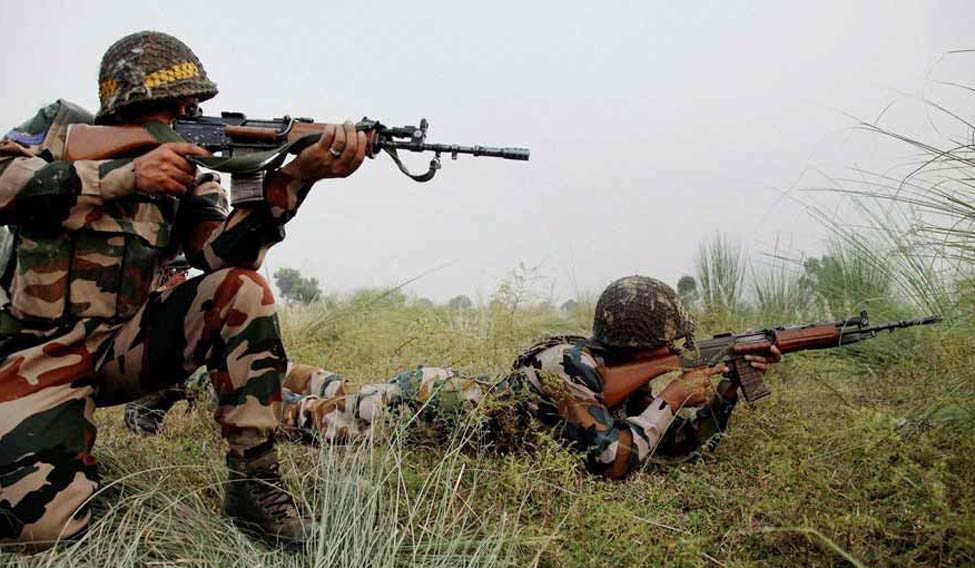Unable to replace glitch-prone INSAAS rifles and carbines for over a decade, the ministry of defence on Tuesday decided to make the procurement of 72,400 assault rifles and 93,895 carbines for Indian Army at the cost of Rs 3,547 crore on 'fast-track' mode. The decision was taken by the Defence Acquisition Council (DAC) headed by minister Nirmala Sitharaman.
The Army, which has been trying to replace indigenous INSAAS rifles and was targetting these assault riles and carbine by 2010-2011, will now be able to procure these two primary weapons of a soldier at much faster speed.
Army's efforts to provide modern weapons was taken a hit when the contract worth $750 million and $500 million respectively for assault rifles and carbines were junked in May 2015 because the rifles on offer by armament firms like Colt (US), Beretta (Italy), Ceska (Czech) and Israel Weapon Industries were not found cost-effective or suitable after extensive trials by the infantry directorate of the Indian Army. Army was targeting specifications of having interchangeable barrels capable of firing both 5.56mm and 7.62mm calibre bullets, but subsequently decided to go for 7.62mm calibre and issued fresh General Staff Quality Requirements (GSQR).
Army chief General Bipin Rawat during his annual press interaction on the occasion of Army Day on Friday had said that "Procurement of assault rifles got delayed due to change in GSQR. Now we will go for an assault rifle with 500m range with night vision capability.”
Similarly, tender for 44,600 close quarter carbines (rifles) to be provided to the infantry units for combating terrorists in close fights, which was issued in 2010, was also cancelled in 2016 by then defence minister Manohar Parrikar. Carbine deal worth Rs 1,000 crore went off track after the then junior minister of defence Rao Inderjit Singh raised doubts whether the Army was trying to favour a particular vendor. Eventually, the MoD decided to cancel the process to start a fresh move.
Meanwhile, in order to encourage participation of private sector in defence design and production and to give a boost to ‘Make in India’ programme, DAC also introduced significant changes in the ‘Make II’ category of the Defence Procurement Procedure. Considering that no government funding is involved in ‘Make II’ project, the DAC simplified the procedure to make it industry friendly, with minimal government control.
"The salient aspects of the revised procedure will now allow Ministry of Defence to accept suo-motu proposals from the industry and also allow start-ups to develop equipment for Indian Armed Forces. The minimum qualification criteria to participate in ‘Make II’ projects have also been relaxed by removing conditions related to credit rating and reducing financial net worth criteria," ministry of defence said in a statement.





